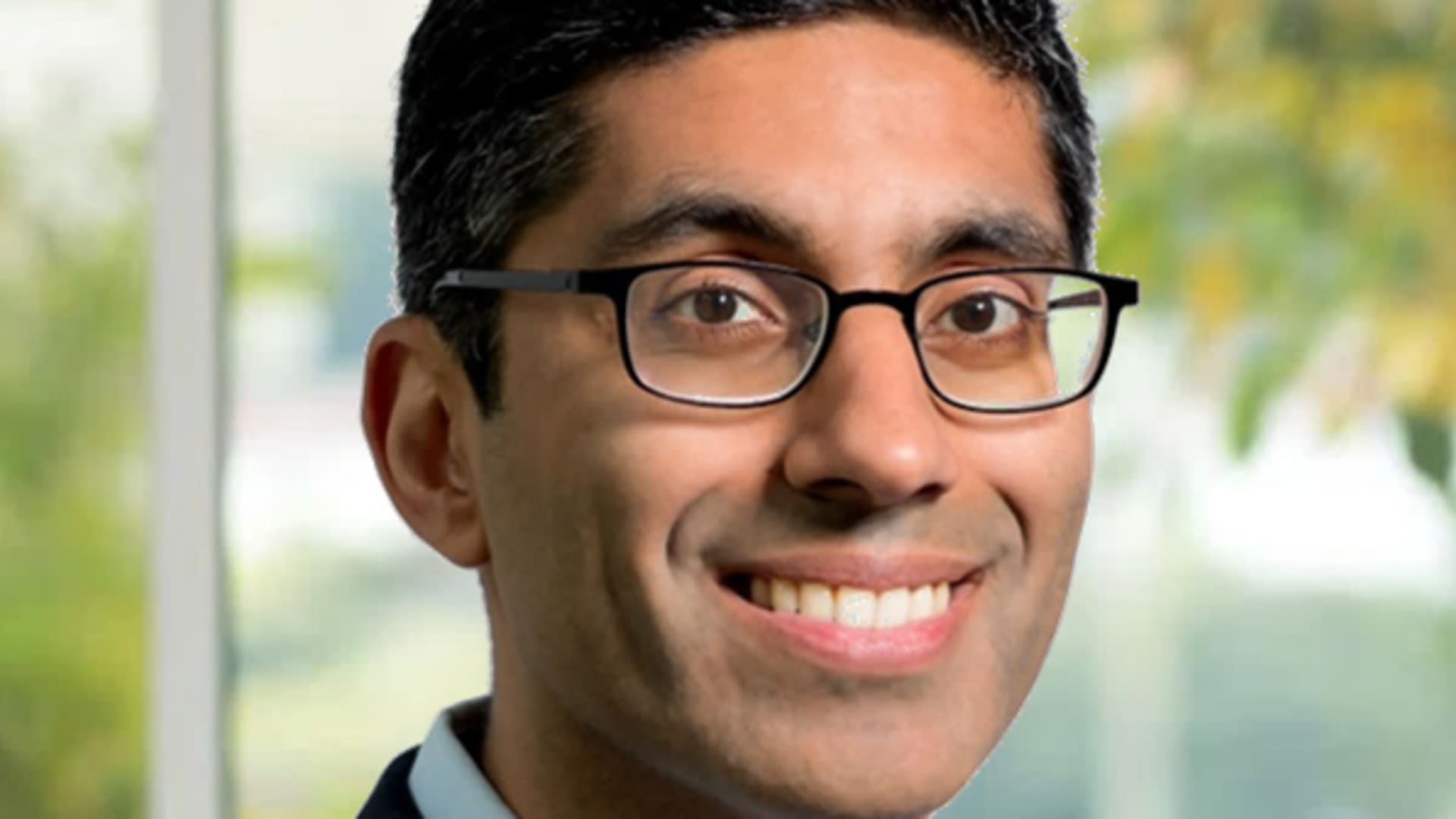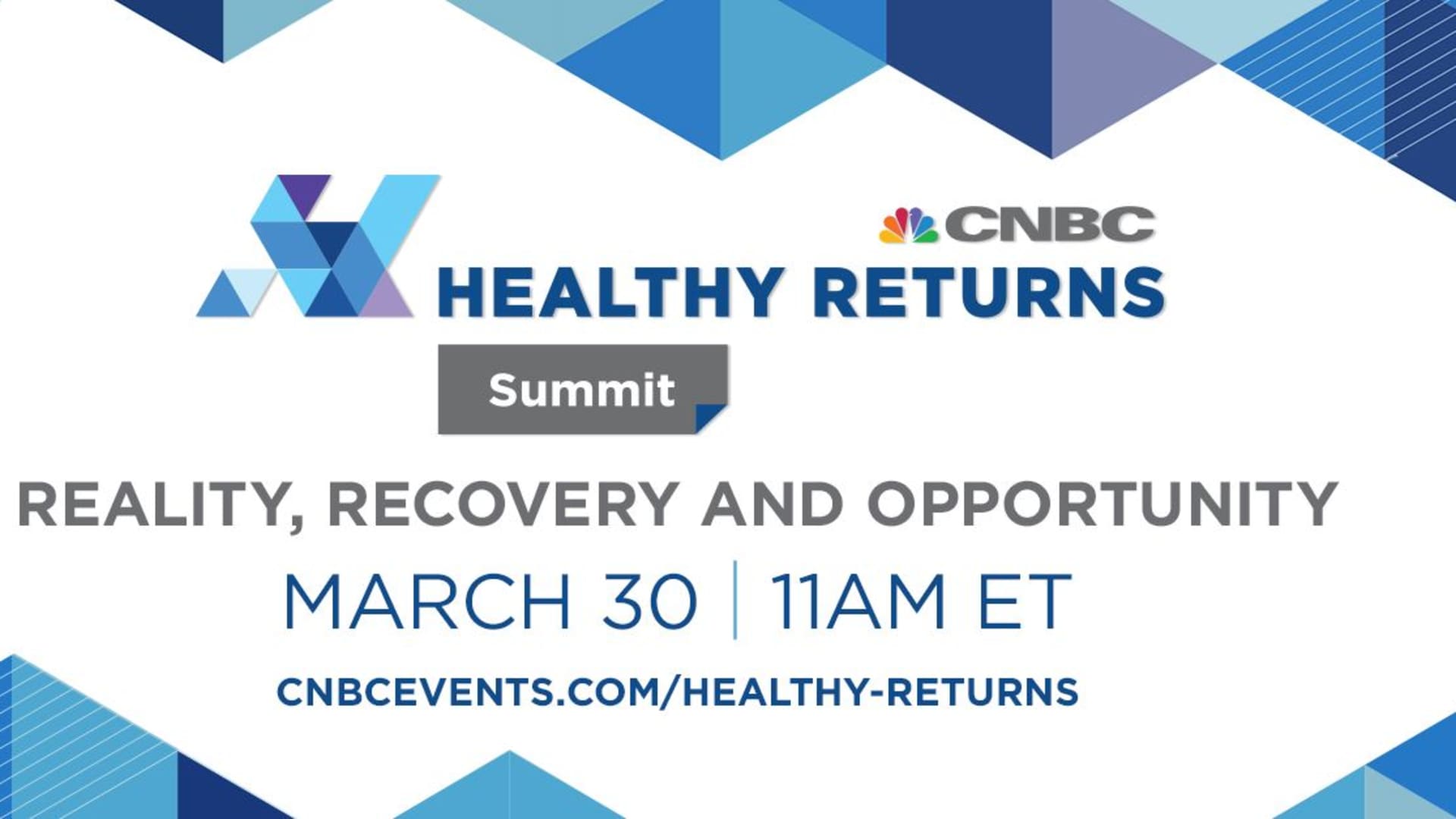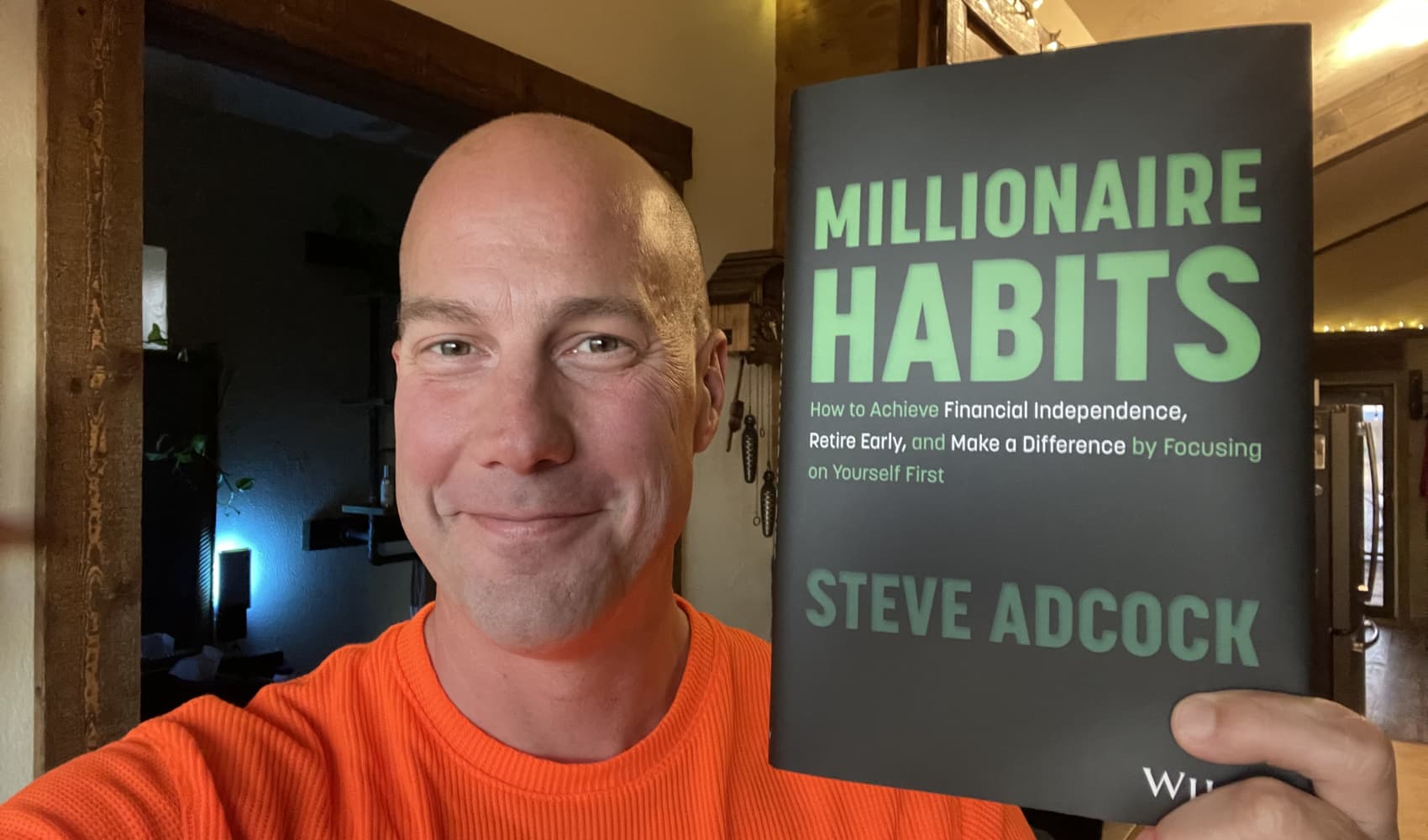
- Maverick Ventures’ Ambar Bhattacharyya, an early investor in OneMedical and Cityblock Health, believes in the transformative power of digital health care.
- “Artificial intelligence and machine learning in health care are not hypotheticals anymore,” he tells CNBC Healthy Returns.
- Bhattacharyya says these tools are doing tasks more efficiently and effectively for health insurers, medical providers and pharmaceutical companies.

Ambar Bhattacharyya is managing director at Maverick Ventures, a $600 million venture capital fund based in San Francisco which invests in health start-ups. His health-care portfolio firms include six IPOs and four unicorns (start-ups valued at $1 billion or more).
Bhattacharyya — who currently serves on the board of directors at Centivo, Cityblock Health, Hims & Hers Health and HumanFirst, and serves as a board observer at Proximie and ConcertAI — recently spoke with CNBC ahead of the upcoming CNBC Healthy Returns event on March 30 focused on health innovation. This interview has been edited for length and clarity.
Get South Florida local news, weather forecasts and entertainment stories to your inbox. Sign up for NBC South Florida newsletters.
CNBC: Telemedicine is a focal point at Maverick Ventures, where do you see the biggest opportunities in this space?
Bhattacharyya: Over the past few years, we have seen the rise of telemedicine both as a standalone platform, and also a technology that providers leverage to expand their reach. We were early backers of companies like Hims & Hers and One Medical that have changed the paradigm of how hundreds of thousands of people access health care – in a virtual-first way. Going forward, we see several new waves of telemedicine acceleration.
I expect health systems to reexamine how they are using telemedicine to extend their reach beyond their four walls. There has been a buzz word about 'the digital front door' for hospitals for the last five years. Most hospitals have figured out at least step one of that transformation, primarily through virtual visits. But going forward, health systems are going to think about how telemedicine can more significantly transform each department.
Money Report
For instance, companies like Proximie are extending how hospitals can leverage their operating rooms by providing high fidelity telemedicine between surgeons around the world. I expect to see significant innovations in other areas, including cardiology.
CNBC: Related to this, you talk about the rise of remote patient monitoring, at-home phlebotomy, glucose tracking ... a drill-down of virtual care growth, plus the growth of specialty virtual clinics, in cardiology, GI, endocrinology, etc.
Bhattacharyya: The root cause of the interest in these areas is the desire to do more preventive health care, turning our system from a 'sick care' system to a 'health system.'
One fundamental issue is that in the traditional fee-for-service model, the financial incentives are aligned with treating people after they are sick, not necessarily spending time with a patient beforehand. The real upshot of all of these technologies is that we can intervene in a patient before that hospital visit or a regularly scheduled follow-up.
In a perfect world, one would believe that the current system is frictionless. But the reality is otherwise: driving to Quest Diagnostics or Labcorp every week/month/quarter for a blood draw does add friction to a person's life, as does pricking one's finger three times a day for 10+ years. These innovations on both services and hardware can help facilitate more longitudinal, patient-centric, and preventive care. If done at scale, these will transform how specialist practices operate.

Sign up today for the fifth annual Healthy Returns Summit. We're bringing in key leaders and experts to discuss AI in health tech, employee health initiatives, Covid-19 responses and much more. Register today.
CNBC: Let's talk about how the Covid-19 pandemic heightened the need for comprehensive health care, and community-based organizations to deliver medical care. Explain how Cityblock Health, one of your portfolio start-ups, is making big inroads in this space.
Bhattacharyya: Cityblock has been fortunate to work with many of the most vulnerable members of our population during this immense moment of need. The company has over 70,000 members today, and it is poised to redesign the health-care system for the underserved in this country.
CNBC: Your fund is also interested in mental and behavioral health start-ups, an area you suggest has been ignored as part of the health system for far too long. What does your due diligence look like for these companies?
Bhattacharyya: For diligence in mental and behavioral start-ups, we tend to focus on a combination of factors. First, we love to understand from the management team what insight they had that was 'non-obvious' (and some may have even said impossible) and could upend the way the traditional system works. That tends to provide us with a vision of what the team wants the world to look like, and how, with enough capital and support, they might create it.
After that, our diligence focuses on the 'white hot risk' that is the core assumption behind whether the business model will work. Sometimes that is around changing consumer behavior; sometimes provider behavior. Other times it centers around what insurance companies will pay or a broader data play. Most importantly, we want to make sure the clinical model is patient-centric and represents a step function improvement on the status quo.
Within mental health, I'll mention that one aspect of due diligence we focus on less than we used to before is market size. There are real mental health deserts throughout America, and over the years, we have found that the patient experience for people diagnosed with a less prevalent mental illness is flat-out terrible. In these areas, we believe that a focused approach combined with excellent clinical results can pave the way towards creating new gold-standards for care.
CNBC: You've seen a growing appetite for consumers to pay for health and wealth outside the insurance realm. What appears to be a counter-intuitive willingness to pay for these direct-to-consumer models. What is the profile of these consumers, and where are the opportunities in this space?
Bhattacharyya: Before I became an investor, I worked at a company called MinuteClinic (now owned by CVS). MinuteClinic operates health clinics inside of drug stores where people can walk-in for a same day appointment and now works with most major insurance companies. But in the early days, MinuteClinic wasn't in network with insurance companies, and we had a 'menu' of our prices and services hanging outside of our clinics (almost like a restaurant). And what I noticed is that people were willing to pay all cash, out of pocket, for what they deemed to be a 'better' health-care experience.
At that moment in time, the definition of 'better' was very controversial. Our clinics were staffed by nurse practitioners, we did not treat everything, and of course we were located in non-traditional locations. But the value proposition to our customers was 'better' – it was high quality care, with transparent pricing, open during nights and weekends, and a few feet over from a pharmacy in case they needed a script. And they were willing to go to an out of network, cash-pay only provider in order to receive those benefits. It was that magical.
That MinuteClinic experience shaped my view on consumers' willingness to pay in healthcare. There remains a major lack of segmentation in health care, and there are millions of patients who are willing to pay for their version of 'better.' For some, that means having same-day access to a clinician on their schedules; for others it means getting access to holistic medicine. Others may want a second or third opinion on a serious health issue. These are very deep wells that we are just now beginning to tap into.
CNBC: You have noticed a stepped-up interest in applying U.S-based care models abroad, especially in emerging economies. Describe this trend.
Bhattacharyya: The U.S. has been an innovator in the health-care ecosystem, but there are nuances to how care is delivered in other countries that can lead to local models having an edge. For instance, in economies like India, the majority of the health-care system is cash pay. So we have seen many of the models here that have started with insurance or an employer go-to-market motion go directly to consumer and scale quite rapidly.
In Brazil, we have noticed a similar dynamic between patients who get care via its national health-care service SUS (approximately 75% of the population) and Medicaid in the U.S. (approximately 84 million people). Significant differences exist, but the core problem remains the system – how do you get better care to the underserved in a way that best suits those communities? We have started to see a cross-pollination of ideas from these countries to the U.S. and vice versa, which is exciting to watch
CNBC: What comes next?
Bhattacharyya: We are in a fascinating moment where, to the casual observer, many of the Covid-19 tailwinds for health care seem to be slowing down. What I think they are missing is the large demographic and societal trends that will keep pushing health-care innovation to the top of the priority stack this coming decade. New challenges are arising. We have a significant clinician shortage in this country, and the clinicians we do have are burnt out – and we need to find ways to address that.
Technology can help. Artificial intelligence and machine learning in health care are not hypotheticals anymore; many payors, providers, and pharma companies are using those tools today to do tasks more efficiently and effectively. There's a lot of wood to chop, and we need the most creative and passionate people to work on solving these problems.






